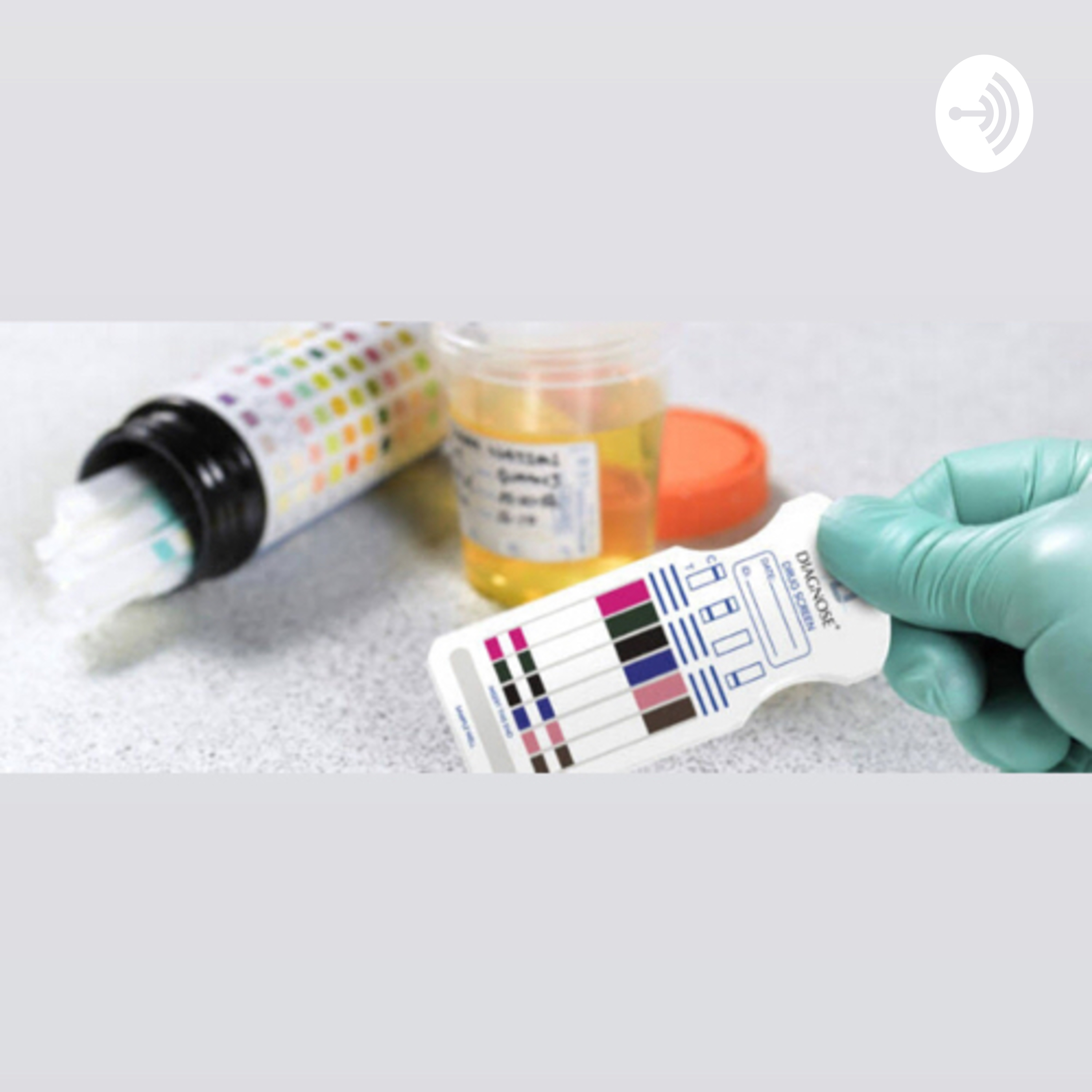Tierärztliche Fakultät - Digitale Hochschulschriften der LMU - Teil 07/07Language: de Genres: Education, Health & Fitness, Medicine Contact email: Get it Feed URL: Get it iTunes ID: Get it |
Listen Now...
Polycarbonate and polystyrene nanoparticles
act as stressors to the innate immune system of
fathead minnows (Pimephales promelas, Rafinesque 1820)
Saturday, 6 February, 2016
The accumulation of plastic debris in the environment has been recognized as a matter of international concern. A minimum of 5.25 trillion plastic particles were estimated to float on the surface of the ocean which is due to a low amount of recycling (37 %) and mismanaged waste that enters into the environment. Large plastic debris can lead to suffocation and death after entanglement or ingestion. Small plastic items like microplastic (< 5 mm) and nanoplastics (< 100 nm) can harm organisms on the cellular level since their small size enables them to pass cell boundaries and enter surrounding tissues. The amount of microplastic, and potentially nanoplastic, is increasing due to their release to the environment and the breakdown of larger plastic items in aquatic ecosystems. Microplastic has been observed to enter into the circulatory system of mussels inducing inflammatory reactions and granulocytoma formations. A facilitated uptake of nanoparticles into the cells and an interaction with the immune system is enhanced due to their small size and their specific surface characteristics. Therefore, the health hazards of nanoplastics on aquatic organisms that are potentially chronically exposed to these compounds were assessed. The hypothesis tested here is that that polycarbonate (158.7 nm) and polystyrene (41.0 nm) nanoparticles impact the immune system of the freshwater fish fathead minnow (Pimephales promelas, Rafinesque 1820) which is as a model fish organism frequently used for toxicology tests. The size of the particles was measured in plasma and in vitro neutrophil function assays were used to assess the effect of polystyrene and polycarbonate nanoparticles (0.1 µg/µl) on the innate immune system of fathead minnows. The exposure of neutrophils to the particles revealed a significant increase in oxidative burst activity, release of primary granules and release of extracellular nets release (NETs) compared to a non-treated control. The results underline the stress response of the fish innate immune system to polystyrene and polycarbonate nanoparticles and highlight their potential to interfere with the disease resistance in fish populations.












